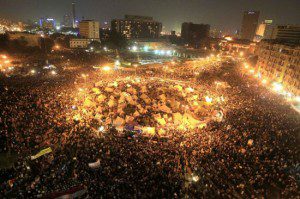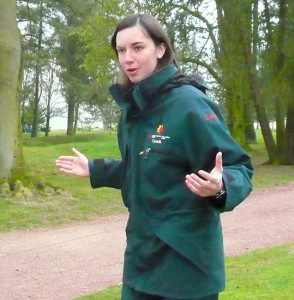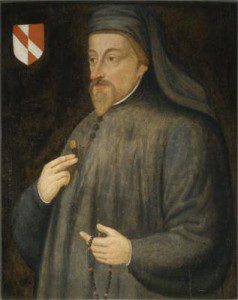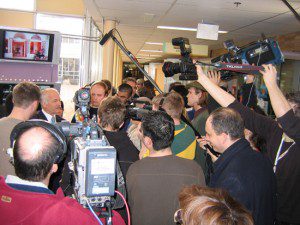
About a year ago, I was invited to speak to the Writers’ Community of York Region. As the date of the talk approached – last Sunday, Dec. 9 – I began to prepare my presentation. Normally, for these kinds of talks, I rely on my collection of personal anecdotes, remembrances and war stories – literally and figuratively – to get me through the event. Then, I remembered why I had been invited.
“This is a group of writers,” the speaking convenor had said. “So they’ll be interested in your research and writing… You might want to address the challenges of being a journalist and non-fiction writer.”



